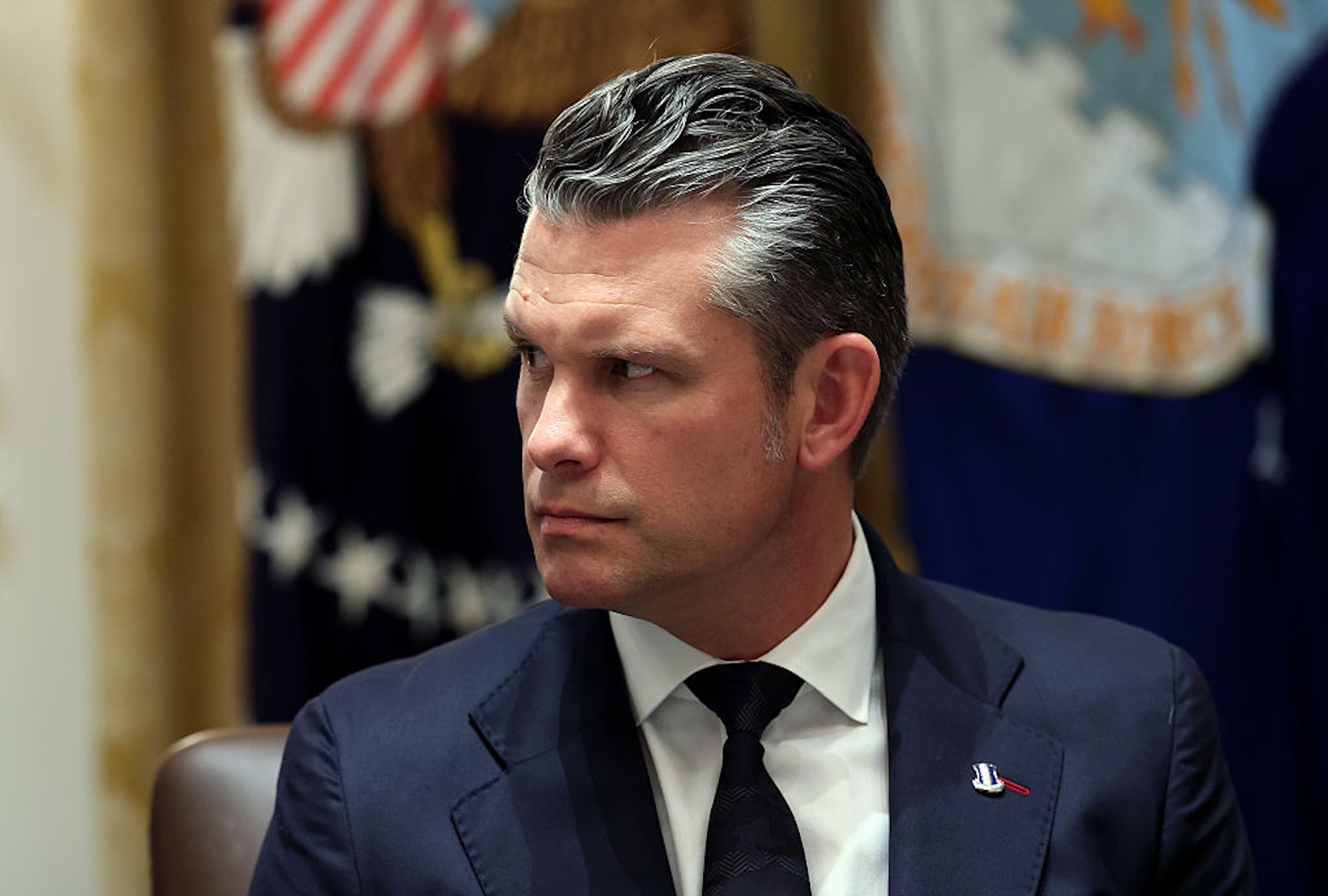Secretary of Defense Pete Hegseth has sparked a significant backlash among journalists with his newly implemented policy restricting press access at the Pentagon. Over 100 members of the Pentagon press corps who did not sign this controversial policy were ordered to surrender their press credentials and leave the premises. The response from the media has been a rare show of solidarity across various outlets, including Fox News, as they collectively reject the implications of Hegseth’s directives.
The new policy, which mandates that reporters publish only content pre-approved by Pentagon authorities, has drawn sharp criticism for undermining the First Amendment. Major news organizations, including MSNBC, ABC News, CBS News, and CNN, have issued a joint statement condemning the restrictions, stating that they threaten core journalistic protections. Bret Baier, a host at Fox News, expressed his support for the collective stance, saying, “We’re all standing in solidarity.”
Despite the overwhelming resistance, One America News has agreed to the new reporting stipulations, with former Florida GOP Representative Matt Gaetz describing them as “reasonable conditions.” This division highlights the unusual alliance formed among media outlets across the political spectrum in response to Hegseth’s policy.
The Pentagon’s previous attempt to enforce strict guidelines in September was met with widespread refusal from journalists, prompting the revision of the policy this month. Experts noted that this newer version has escalated the threats surrounding the act of reporting itself. “This latest version has morphed into an effort to intimidate both journalists and government employees,” a media expert told Poynter.
Since assuming leadership of the Pentagon in February, Hegseth has taken aggressive actions to limit journalist access to military officials and information. Reporters have faced restrictions on their movements within the Pentagon, and long-standing media outlets have been removed from their workspaces. The response from the media has been one of unity, as seen in a statement from several news organizations affirming their commitment to covering the U.S. military while upholding the principles of a free and independent press.
The Washington Post, New York Times, and Reuters have similarly refused to comply with the new policy, arguing it infringes on First Amendment rights. Matt Murray, executive editor of the Post, emphasized that the proposed restrictions place unnecessary constraints on gathering and publishing information, while Richard Stevenson, Washington bureau chief for the Times, asserted that the public has a right to know how the government operates.
Veteran Pentagon correspondent Tom Bowman has taken a stand by publicly surrendering his credentials in protest of what he describes as an “unprecedented” policy. He highlighted that the Pentagon has already been limiting information access, stating, “Now, we’re barely getting any information at all from the Pentagon.”
The Pentagon Press Association and the National Press Club have both condemned Hegseth’s strategy as unconstitutional. Retired General Jack Keane remarked that the policy aims to control the narrative by only allowing journalists to report information that has been pre-approved.
In the face of mounting opposition, Hegseth has defended his approach, framing Pentagon access as a privilege rather than a right. He has outlined what he refers to as “press credentialing FOR DUMMIES,” which includes rules such as requiring visible badges and barring credentialed press from soliciting information about criminal acts.
Hegseth’s administration has also been marked by a broader ideological agenda. He has pushed back against climate change initiatives within the military, recently declaring an end to “climate change worship” and requesting significant budget cuts related to climate planning.
Despite these measures, the fallout from his press policy suggests an unintended consequence: rather than suppressing the media, Hegseth has inadvertently amplified its role in public discourse. The ultimatum has led to increased scrutiny of Pentagon policies, with journalists now more likely to rely on off-the-record sources and whistleblowers for information.
This situation serves as a reminder of the essential role of a free press in democratic society. The collective pushback against Hegseth’s policy highlights the vital need for transparency and accountability within the government, ensuring that the public remains informed about military operations and national security issues. The unfolding events around this policy will likely shape the future relationship between the Pentagon and the press, as the media continues to assert its rights in the face of increasing governmental control.
